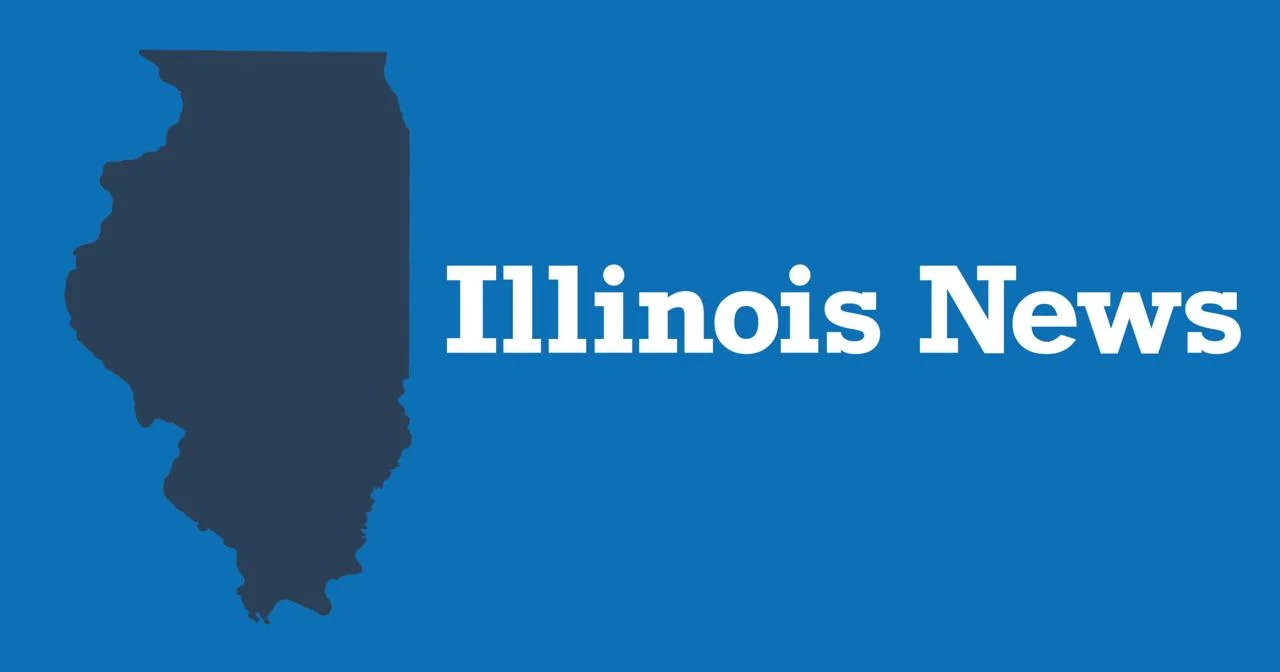The Texas Supreme Court has ruled that Governor Greg Abbott and Attorney General Ken Paxton are not required to release emails related to the Uvalde school shooting and January 6 events, narrowing the public’s legal options under the state’s open records law.
Gov. Greg Abbott, AG Ken Paxton do not have to release Uvalde or Jan. 6 emails, Texas Supreme Court rules

Key Takeaways:
- The Texas Supreme Court decided that Governor Abbott and AG Paxton do not have to release certain emails.
- The emails pertain to the Uvalde school shooting and January 6 events.
- The ruling stems from a lawsuit filed in 2022.
- This decision narrows the public’s legal options under Texas’s open records law.
- The case has significant implications for government transparency.
Texas Supreme Court Upholds Non-Disclosure of Emails
The Texas Supreme Court has ruled that Governor Greg Abbott and Attorney General Ken Paxton are not obligated to release emails related to the Uvalde school shooting and the events of January 6. This decision, stemming from a lawsuit filed in 2022, has significant implications for public access to government communications.
Background of the Lawsuit
In 2022, a lawsuit was initiated seeking the disclosure of emails from Governor Abbott and Attorney General Paxton. The emails in question pertain to two major events: the tragic Uvalde school shooting and the January 6 events. The lawsuit aimed to shed light on the officials’ communications regarding these critical incidents.
Details of the Supreme Court’s Decision
The state’s highest court sided with the governor and attorney general, ruling that they are not required to release the requested emails. This decision effectively narrows the public’s legal options under Texas’s open records law, impacting how citizens can challenge officials over the disclosure of information.
Impact on Open Records Law
The ruling has a considerable effect on the state’s open records law. By upholding the non-disclosure, the court has set a precedent that could limit the scope of information accessible to the public, particularly concerning high-profile officials and sensitive matters.
Broader Implications for Transparency
This decision raises concerns about government transparency and accountability. With the public’s avenues for legal challenges narrowed, accessing information about officials’ communications on significant events may become more challenging. The case underscores the ongoing tension between government confidentiality and the public’s right to information.
Conclusion
The Texas Supreme Court’s ruling marks a pivotal moment for open records in the state. As the implications unfold, the balance between privacy for officials and transparency for the public remains a critical topic of discussion.











